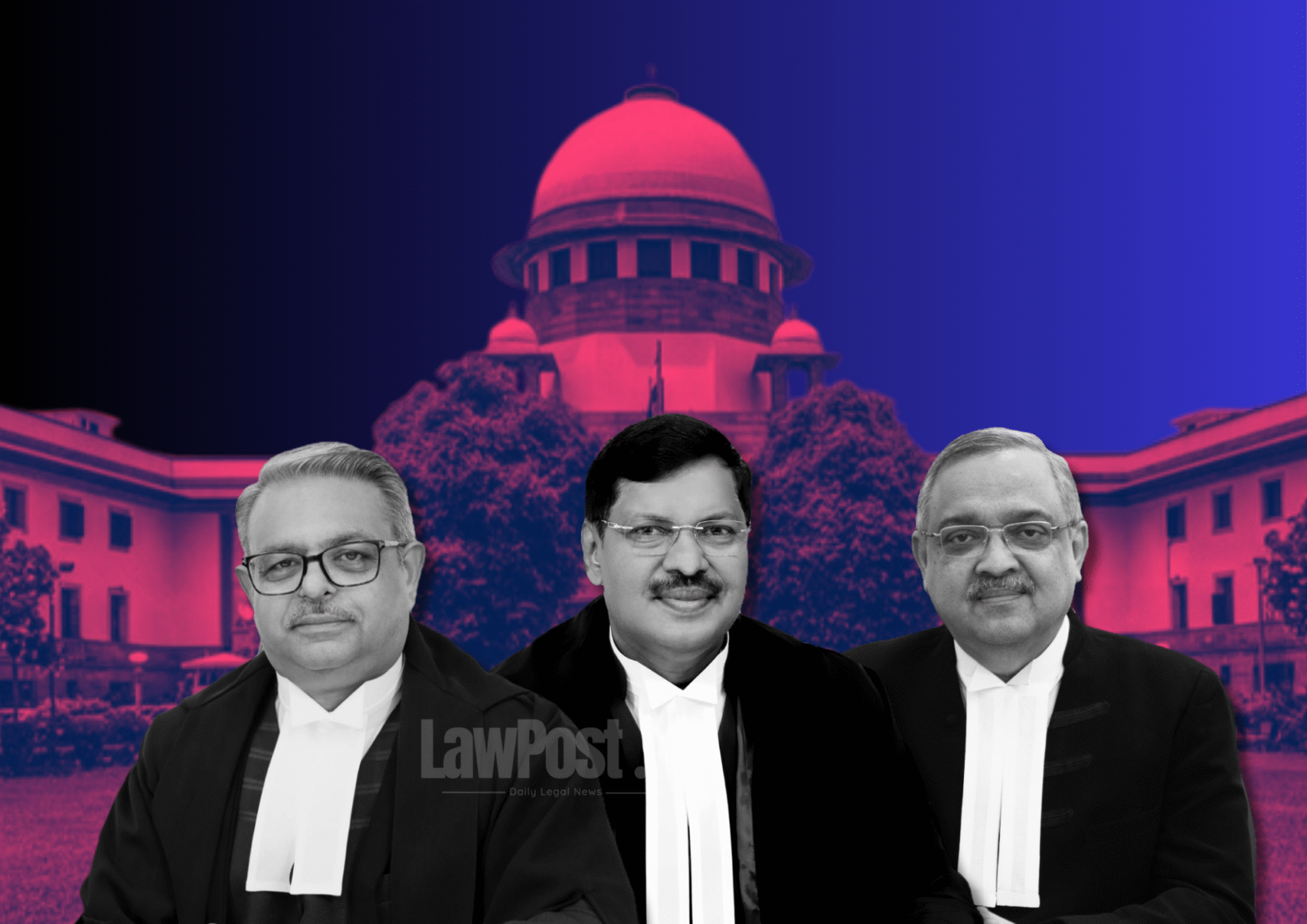A review petition has been filed in the Supreme Court challenging its recent judgment mandating a minimum of three years’ legal practice for candidates aspiring to become Civil Judges (Junior Division). The petitioner has urged the Court to defer implementation of the rule to 2027, citing concerns of fairness, exclusion, and constitutional rights.
The petition, filed by Advocate Chandra Sen Yadav through Advocate Kunal Yadav, argues that the new eligibility requirement infringes upon the fundamental rights under Articles 14 and 16 of the Constitution. It specifically highlights the impact on law graduates from the 2023–2025 batches, who had prepared for judicial service based on the earlier eligibility criteria that did not mandate prior legal practice.
“Immediate enforcement causes retrospective hardship, violating principles of fairness, legitimate expectation, and equal opportunity under Article 14 of the Indian Constitution,” the plea states.
The Supreme Court judgment in question was delivered on May 20 by a Bench comprising Chief Justice of India BR Gavai and Justices AG Masih and K Vinod Chandran in the case All India Judges Association and ors v. Union of India. The Bench directed that:
“The High Courts and state governments shall take appropriate steps to amend the rules so as to ensure that candidates desirous of appearing in the examination for the post of Civil Judge (Junior Division) must have practiced for a minimum period of 3 years to be eligible for the said examination.”
However, the Court clarified that the requirement would not apply to recruitment processes already initiated before the date of the judgment.
The review plea further raises concern that the ruling may disproportionately affect aspirants from economically weaker and socially disadvantaged backgrounds, including SC, ST, and OBC communities. It also contests the lack of empirical data supporting the need for the practice requirement.
“The absence of any objective assessment and reliance instead on broad, opinion-based statements renders the decision vulnerable to review,” the petition contends.
Additionally, the petitioner has questioned whether the Court’s direction to amend service rules uniformly across all states encroaches upon the legislative domain of state governments and public service commissions.
The judgment has sparked wider debate, with critics suggesting that it may discourage women and other first-generation graduates from pursuing judicial careers due to the delay and uncertainty introduced by the mandatory practice requirement.
Case: All India Judges Association and ors vs Union of India – Available on LAWFYI.IO








